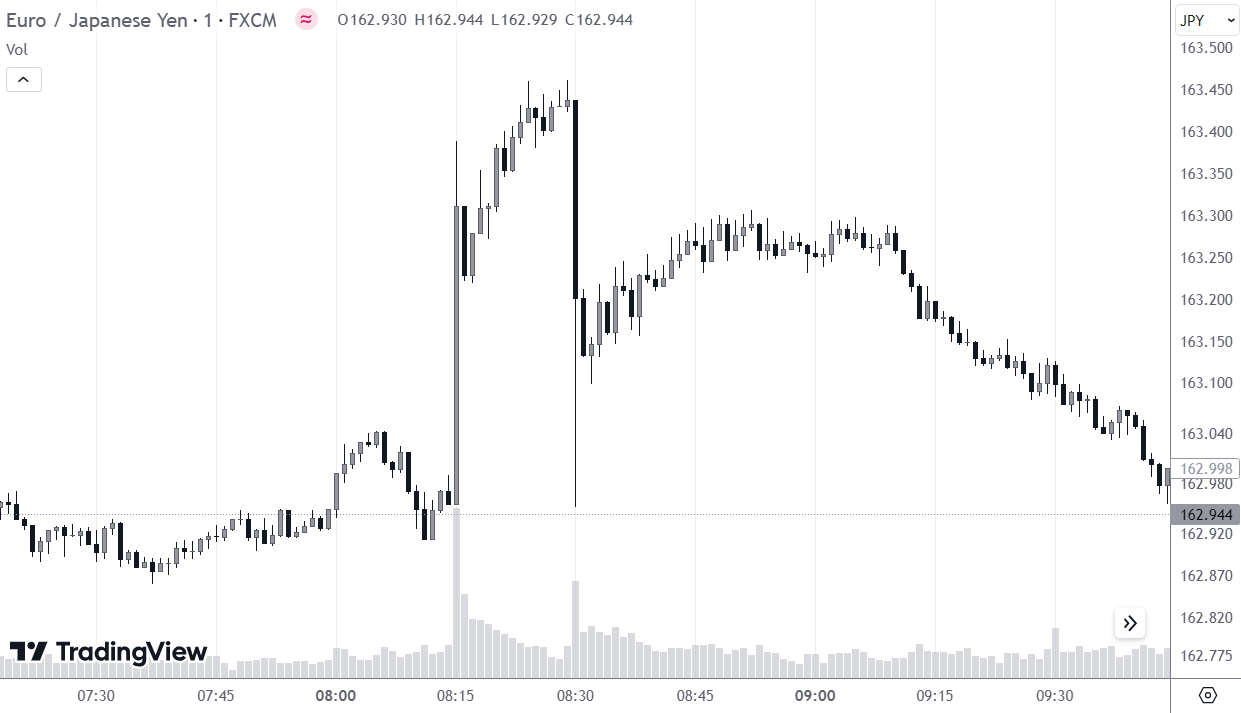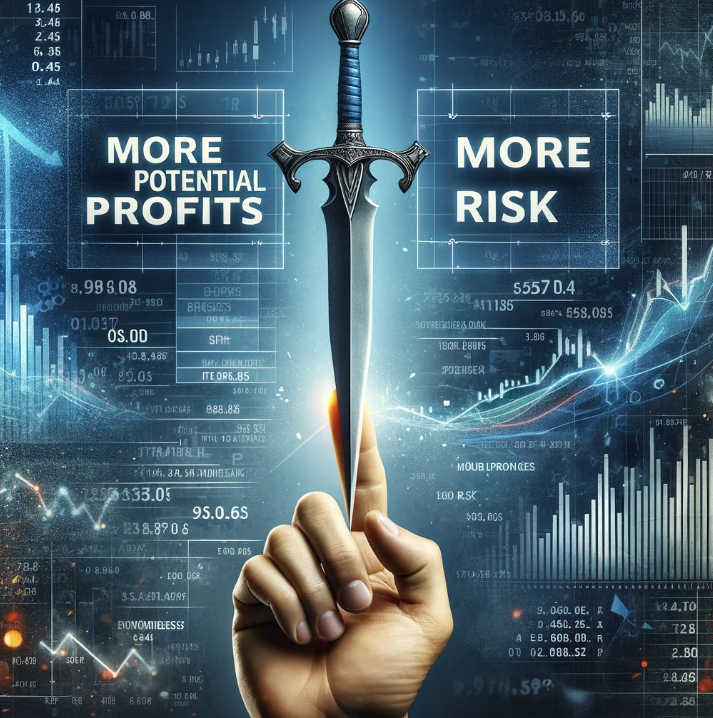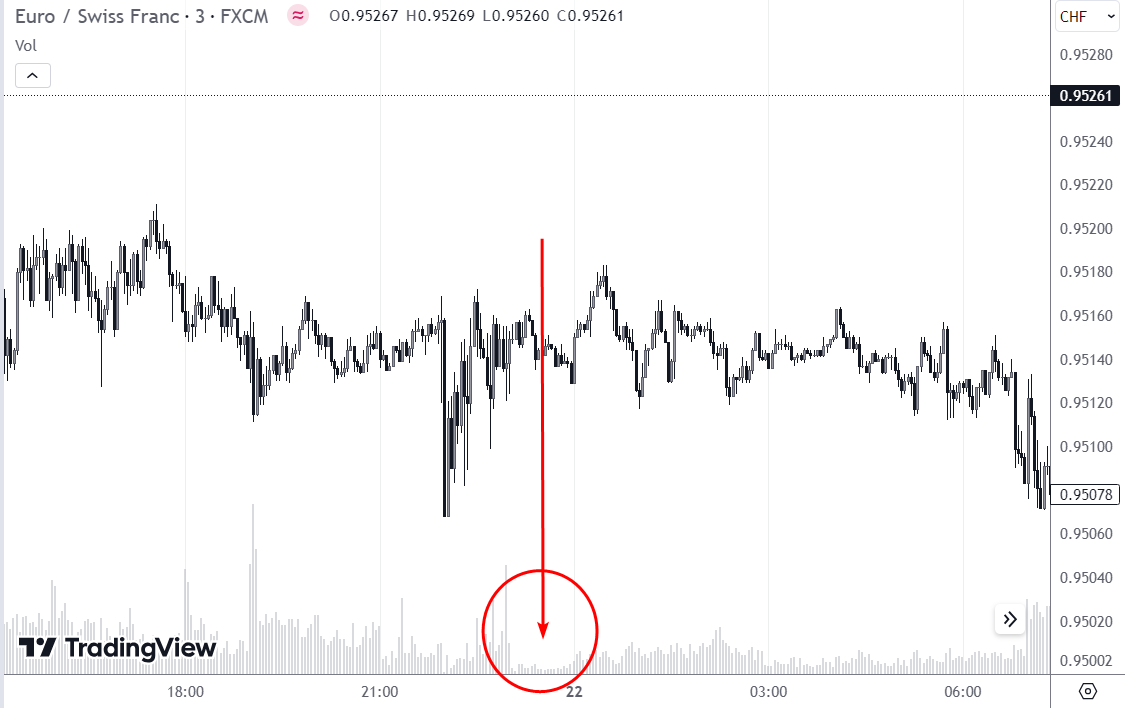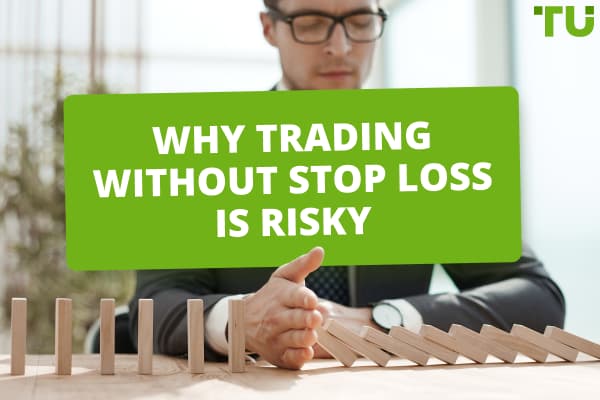What is the Dark Side of Forex Trading?
The higher the reward potential - the greater the risk. This proportion is also true for Forex. Forex trading risks include:
-
Market risk: Volatility in currency exchange rates – the biggest Forex risk
-
Leverage risk: Potential for amplified losses
-
Operational risk: Failures in trading platforms or execution
-
Liquidity risk: Difficulty exiting positions at desired prices
-
Regulatory risk: Changes in trading laws and leverage limits
-
Scam risk: Fraudulent schemes and brokers
Of all the various financial opportunities, trading stands out as both a lucrative avenue and a pathway fraught with risks. The allure of the Forex and crypto markets, with their vast potential for significant gains, draws in traders from around the world. Yet, this very potential is a double-edged sword.
The complexity and volatility inherent in these markets necessitate not just an understanding but a mastery of the various risks involved. Recognizing these risks is the first step toward managing them effectively. By introducing the problem of potential financial losses, this article aims to guide traders towards strategies and solutions for mitigating those risks, thereby enhancing the prospects for success in trading endeavors.
-
Is trading a good business?
Trading can be a profitable venture for those who are well-informed, disciplined, and capable of managing risks effectively.
What are the risks of Forex trading?
Forex trading, while presenting an attractive investment opportunity, comes with its own set of risks that traders must navigate to safeguard their investments. Understanding these risks is paramount for both new and seasoned traders as they devise their trading strategies.
-
Market Risk: Market risk, or price risk, stems from fluctuations in the Forex market, where changes in currency exchange rates can impact the value of trades, potentially leading to financial losses.
-
Leverage Risk: Leverage allows traders to control large positions with a relatively small amount of capital, but it also amplifies the potential for loss, making it possible to deplete one's trading account swiftly during adverse market movements.
-
Operational Risk: This risk involves failures in trading platforms, technical glitches, or issues with trade execution processes, which can hinder trading activities and affect trading outcomes.
-
Liquidity Risk: Liquidity risk arises in situations where there is insufficient market activity, making it difficult to execute trades at desired prices, especially during volatile market conditions or at off-peak trading hours.
-
Regulatory Risk: Changes in Forex market regulations or shifts in legal frameworks within different jurisdictions can alter trading conditions, impacting leverage, trading strategies, or even the legality of certain practices.
-
Scam Risk: The Forex market is not immune to fraudulent schemes, including scam brokers or misleading investment strategies, posing significant financial risks to unwary traders.
Each of these risks carries implications for the financial well-being of traders and their portfolios. By identifying and understanding these risks, traders can develop more robust strategies to mitigate potential losses and navigate the Forex market more successfully.
What is a market risk (or price risk)?
Market risk, also known as price risk, is an inherent risk in Forex trading, characterized by the potential for traders to incur losses due to unpredictable fluctuations in exchange rates. These fluctuations can be influenced by a multitude of factors, including economic indicators, political events, and market sentiment, making the Forex market exceptionally volatile.
Prices can shift rapidly, sometimes within fractions of a second, leading to significant financial losses if the market moves against a trader's position.

2 important news in 15 minutes - Forex reacted with volatility spike
To avoid market risk, traders can employ various strategies, such as:
-
setting stop-loss orders to limit potential losses;
-
diversifying their investment portfolio across different currency pairs or financial instruments;
-
and staying informed about global economic and political developments.
Additionally, employing technical and fundamental analysis can help traders make more informed decisions, thereby mitigating the impact of market volatility on their trading activities.
What is leverage (or leverage risk)?
Leverage is a double-edged sword in Forex trading, allowing traders to control large positions with a relatively small amount of capital. While it can amplify profits, it also increases the potential for substantial losses, especially if the market moves unfavorably. Leverage risk arises when traders take on too much leverage without adequately managing their risk, leading to rapid account depletion in the event of small market movements against their positions.

Increase leverage only if your system has proven profitability
To mitigate leverage risk, traders should practice prudent leverage use, only utilizing an amount they are comfortable with and that aligns with their risk management strategy. Setting stop-loss orders can also help control potential losses.
Furthermore, traders are advised to continuously monitor their positions and market conditions, adjusting their leverage and positions as necessary to manage risk effectively. You can learn about how leverage works in the article: Forex trading leverage cost explained
What is an operational risk?
Operational risk in Forex trading encompasses issues related to the infrastructure used for trading, including hardware, software, and internet connectivity. Traders face operational risks when trading platforms malfunction, software bugs occur, or there are delays in order execution. These technical glitches can lead to missed trading opportunities or losses if orders are not executed as intended.
To avoid operational risk, consider the following strategies:
-
Choose reliable trading platforms: Opt for platforms known for their stability and robust performance.
-
Maintain updated software: Regularly update trading software and operating systems to mitigate vulnerabilities.
-
Have a backup plan: Establish backup systems for internet connectivity and power supply to ensure continuous trading capability.
-
Test new strategies on demo accounts: Before applying new trading strategies live, test them in a simulated environment to identify any potential operational issues.
To reduce operational risk, take a look at the brokers at the top of our constantly updated rankings: Best Forex Brokers List - TU Ranking
What is a liquidity risk?
Liquidity risk in Forex trading emerges during periods of low market activity or high volatility, where traders may find it challenging to enter or exit positions at their desired prices. This risk is particularly pronounced during major news events, market openings, holidays, and turbulent periods, when the number of buyers and sellers in the market may not suffice to fill orders without significant price slippage.

Low volumes often indicate periods of low liquidity (wide spreads)
To avoid liquidity risk, traders can plan their trading activities around times of higher market liquidity, typically during the overlap of major trading sessions like London and New York. Additionally, using limit orders instead of market orders can help ensure that trades are executed at predetermined prices, thus managing the risk of slippage.
Traders should also be cautious about trading during volatile periods or when significant news is anticipated, as these times are prone to liquidity shortages.
What is a regulatory risk?
Regulatory risk arises from changes in laws and regulations that affect the Forex market, potentially impacting trading conditions, the availability of leverage, or the legality of certain trading practices. These changes can occur at both the domestic and international levels, necessitating constant vigilance by traders to remain compliant.
To avoid regulatory risk, traders should:
-
Stay informed: Regularly follow news and updates from financial regulatory bodies.
-
Use reputable brokers: Trade with brokers that are regulated by credible authorities and that adhere to the latest regulatory standards.
-
Understand leverage restrictions: Be aware of and comply with any leverage restrictions that may apply in your jurisdiction.
-
Adapt to legal changes: Be prepared to adjust your trading strategies in response to changes in trading laws and regulations.
What is a Forex scam risk?
Forex scam risk involves the danger of engaging with fraudulent brokers or falling victim to investment scams promising unrealistic returns. These scams can lead to significant financial losses and erode trust in the Forex trading environment.
To avoid Forex scam risks:
-
Verify broker credentials: Ensure that the broker is regulated by a reputable financial regulatory authority.
-
Be wary of unrealistic promises: Be skeptical of guarantees of high returns with little or no risk.
-
Research thoroughly: Conduct thorough research on any investment opportunity or trading platform before committing funds.
-
Seek recommendations: Consider using brokers or platforms recommended by trusted sources or with positive, verifiable reviews.
Here are examples of forex figures that you would not want to mess with: Forex trading scams - List of scam brokers
By implementing these precautions, traders can better protect themselves from operational, regulatory, and scam risks in the Forex market, thus securing their investments and trading activities.
Best Forex brokers in 2024


What is the biggest risk in trading?
Among the myriad risks that traders face in the Forex market, market risk stands out as the most significant and unpredictable. This risk directly impacts the potential for profit or loss, stemming from fluctuations in market prices driven by economic indicators, geopolitical events, and market sentiment changes.
Unlike other types of risks that can often be mitigated through operational or strategic adjustments, market risk is inherent to the very nature of Forex trading and cannot be entirely eliminated.
Effective risk management strategies are crucial for navigating this volatility. These include:
-
Utilizing stop-loss orders to cap potential losses.
-
Diversifying the trading portfolio across various currency pairs and financial instruments to spread risk.
-
Limiting the use of leverage to avoid magnified losses during market downturns.
Prioritizing these practices, traders can better manage market risk, enhancing their chances for long-term success in the Forex market.
Why do 95% of Forex traders lose money?
A staggering 95% of Forex traders lose money due to a combination of high volatility, inadequate risk management, overleveraging, and lack of experience or knowledge. The Forex market's complexity and the allure of quick profits often lead traders to make impulsive decisions without a solid strategy or understanding of market dynamics.
Overleveraging amplifies losses during unfavorable movements, while insufficient risk management fails to protect traders from these downturns. Additionally, the psychological aspect of trading—such as the inability to cut losses or the temptation to chase losses—further contributes to the high failure rate.
To mitigate these challenges, traders must educate themselves thoroughly, develop a disciplined trading strategy, and adhere strictly to risk management principles.
For further insights, you can read our article on Why Do Traders Typically Lose Money?
Conclusion
While Forex trading offers the potential for significant rewards, it’s riddled with various risks that demand careful consideration and strategic management. Understanding and mitigating market, leverage, liquidity, operational, regulatory, and scam risks are essential steps toward achieving trading success.
Armed with knowledge, discipline, and a robust risk management strategy, traders can navigate the volatile Forex market more effectively, enhancing their chances of long-term profitability and reducing the likelihood of financial loss.
Glossary for novice traders
-
1
Broker
A broker is a legal entity or individual that performs as an intermediary when making trades in the financial markets. Private investors cannot trade without a broker, since only brokers can execute trades on the exchanges.
-
2
Trading
Trading involves the act of buying and selling financial assets like stocks, currencies, or commodities with the intention of profiting from market price fluctuations. Traders employ various strategies, analysis techniques, and risk management practices to make informed decisions and optimize their chances of success in the financial markets.
-
3
Leverage
Forex leverage is a tool enabling traders to control larger positions with a relatively small amount of capital, amplifying potential profits and losses based on the chosen leverage ratio.
-
4
Forex Trading
Forex trading, short for foreign exchange trading, is the practice of buying and selling currencies in the global foreign exchange market with the aim of profiting from fluctuations in exchange rates. Traders speculate on whether one currency will rise or fall in value relative to another currency and make trading decisions accordingly.
-
5
Volatility
Volatility refers to the degree of variation or fluctuation in the price or value of a financial asset, such as stocks, bonds, or cryptocurrencies, over a period of time. Higher volatility indicates that an asset's price is experiencing more significant and rapid price swings, while lower volatility suggests relatively stable and gradual price movements.
Team that worked on the article
Vuk stands at the forefront of financial journalism, blending over six years of crypto investing experience with profound insights gained from navigating two bull/bear cycles. A dedicated content writer, Vuk has contributed to a myriad of publications and projects. His journey from an English language graduate to a sought-after voice in finance reflects his passion for demystifying complex financial concepts, making him a helpful guide for both newcomers and seasoned investors.
Dr. BJ Johnson is a PhD in English Language and an editor with over 15 years of experience. He earned his degree in English Language in the U.S and the UK. In 2020, Dr. Johnson joined the Traders Union team. Since then, he has created over 100 exclusive articles and edited over 300 articles of other authors.
Mirjan Hipolito is a journalist and news editor at Traders Union. She is an expert crypto writer with five years of experience in the financial markets. Her specialties are daily market news, price predictions, and Initial Coin Offerings (ICO).









